EDITORIAL
Published on 09 Feb 2022
Editorial: Meiotic Recombination and DNA Repair: New Approaches to Solve Old Questions in Model and Non-model Plant Species
doi 10.3389/fpls.2022.841402
- 1,897 views
23k
Total downloads
110k
Total views and downloads
EDITORIAL
Published on 09 Feb 2022
REVIEW
Published on 21 Dec 2021
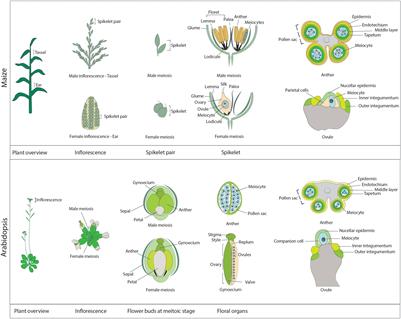
ORIGINAL RESEARCH
Published on 12 Nov 2021

ORIGINAL RESEARCH
Published on 05 Oct 2021
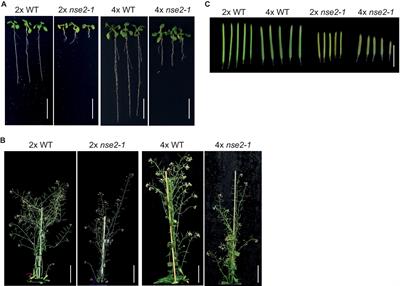
REVIEW
Published on 07 Sep 2021
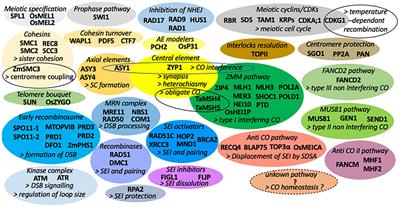
REVIEW
Published on 20 Aug 2021
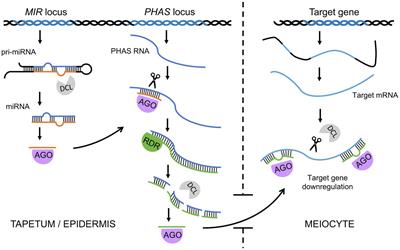
REVIEW
Published on 19 Jul 2021
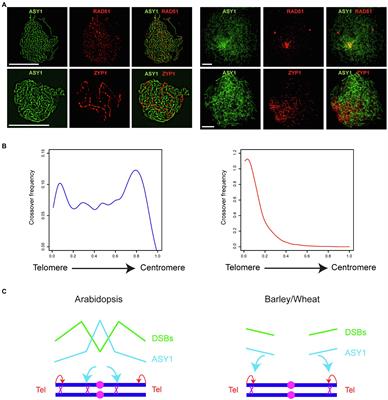
REVIEW
Published on 04 Jun 2021
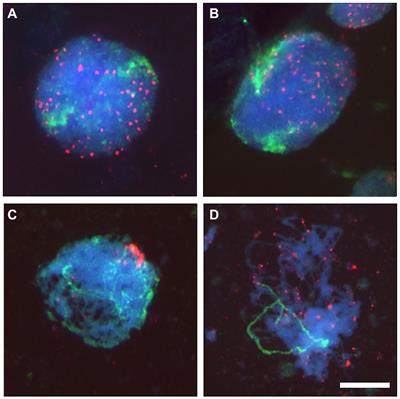
REVIEW
Published on 18 May 2021
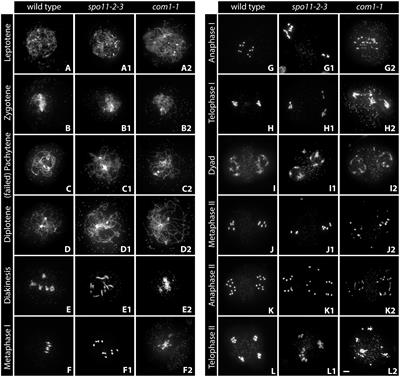
REVIEW
Published on 22 Apr 2021
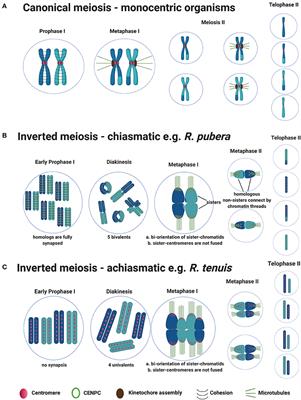
REVIEW
Published on 07 Apr 2021

REVIEW
Published on 31 Mar 2021

